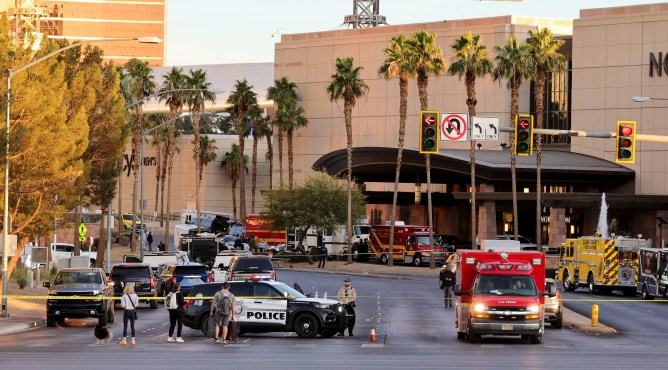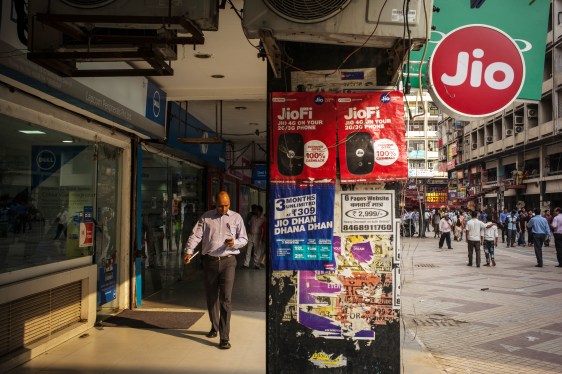In a shocking turn of events, two individuals rented cars from Turo, a peer-to-peer car-sharing platform, and used them to commit acts of violence earlier this week. The first incident involved a military veteran driving a Ford F-150 Lightning into a crowd of people in New Orleans, resulting in the deaths of at least 15 individuals. In the second incident, an active-duty Green Beret rented a Tesla Cybertruck, parked it in front of the Trump International Hotel in Las Vegas, and allegedly blew it up, with the driver dying by suicide.
Turo’s Response
Turo’s chief executive, Andre Haddad, released a statement expressing his outrage at how the platform was misused. He noted that Turo is working around the clock to determine how the platform could have been exploited in such a manner. However, this raises an important question: how could Turo or any similar platform have prevented such incidents?
Background Checks and Risk Assessment
Turo describes itself as "like Airbnb for cars," allowing vehicle owners to rent out their vehicles for extra money or even as a full-time business. Many hosts on the platform rent out three or more vehicles at a time. To mitigate risks, Turo claims to screen each renter using a proprietary multi-layer, data-science-based trust and safety algorithm called the Turo Risk Score. This score is allegedly built from 50 internal and external data sources.
However, it is unclear what this means in practical terms, such as whether Turo performs standard criminal background checks. When asked for clarification, Turo did not respond to TechCrunch’s request. In the past, some bad actors have managed to slip through the cracks, resulting in controversies surrounding cars on the platform being used for human and drug trafficking.
Criticisms of Turo’s Background Checks
Even if Turo’s background checks were foolproof, it seems unlikely that the perpetrators would have been flagged. The individuals involved had valid driver’s licenses, clean criminal backgrounds, and were decorated U.S. military servicemembers, according to Haddad. They could have easily rented a car or truck from any traditional vehicle rental chain.
Haddad noted that Turo facilitated 27 million trips over 12 years, with fewer than 0.10% ending in serious incidents like vehicle theft. This raises questions about the effectiveness of Turo’s risk assessment and background check processes.
What’s Next for Turo?
Turo is investing in improving its risk score algorithm and has assembled a team of former law enforcement professionals to help assess future risks. The company is also consulting with national security and counterterrorism experts to learn more about how it can improve and prevent such incidents from happening again.
The Broader Implications
This incident highlights the potential risks associated with peer-to-peer car-sharing platforms like Turo. As these platforms continue to grow in popularity, it is essential for companies like Turo to prioritize user safety and implement robust risk assessment measures.
Related Reading



